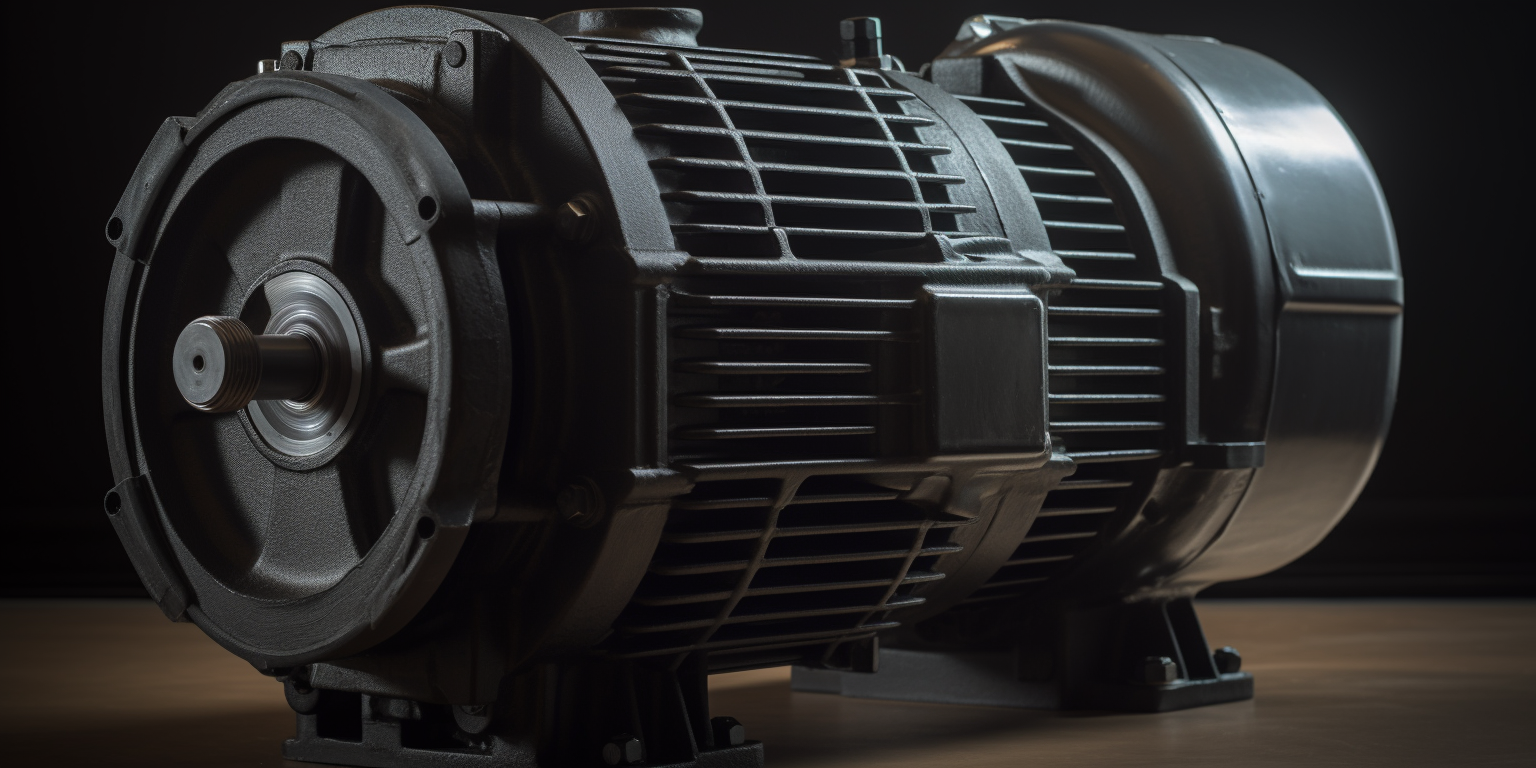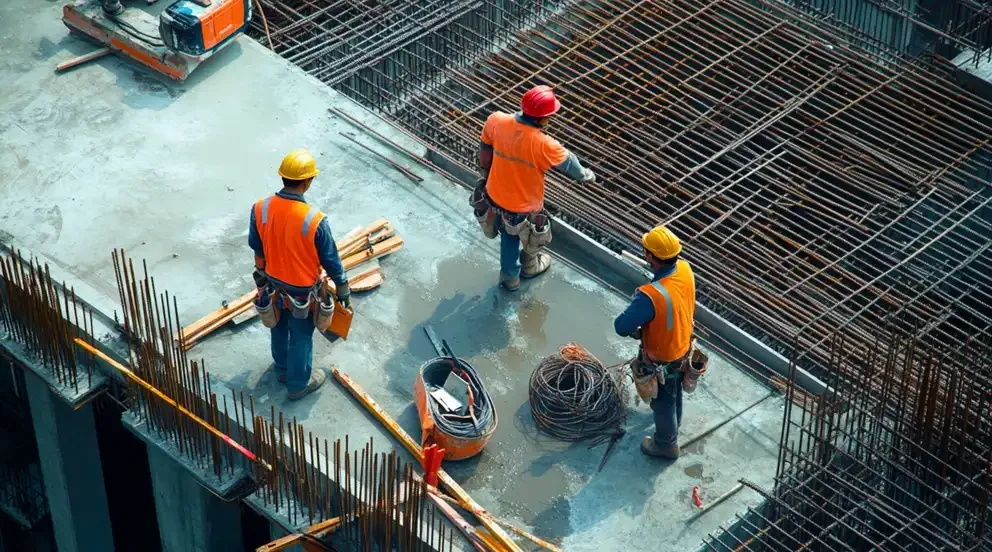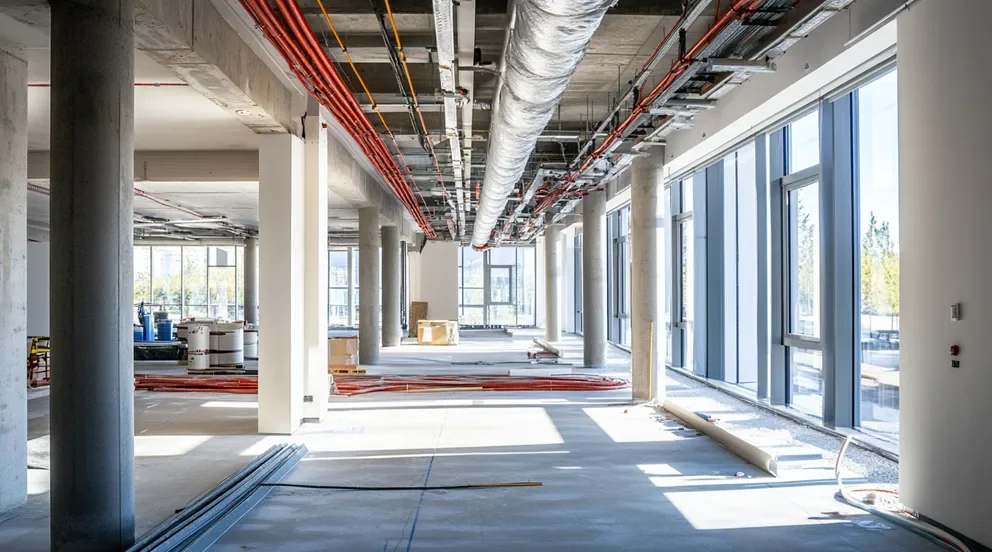Refrigeration and air conditioning compressor heaters are devices designed to maintain a specific temperature within refrigeration and air conditioning (AC) systems. Working diligently behind the scenes, these heaters make sure these systems operate efficiently, even under chilly conditions.
These heaters are typically installed around the compressor’s crankcase. They warm the compressor’s oil, preventing refrigerant from getting mixed in. When too much refrigerant mixes with the oil, it can cause serious issues, such as damage to the compressor.
In a commercial or industrial context, having a faulty refrigeration or AC system could lead to significant losses. A simple device like a compressor heater can help avoid such situations, ensuring the longevity of your systems and protecting your bottom line.
Remember: these compressor heaters work non-stop, tirelessly ensuring that your refrigeration and AC systems retain their efficiency. They are the unsung heroes of the refrigeration world, protecting your assets, and contributing to the smooth operation of your business.
What are compressor heaters used for?
Refrigeration and air conditioning compressor heaters play a vital role in your systems. Let’s break down what they do.
Firstly, compressor heaters protect your system from liquid refrigerant. How? They keep the compressor’s temperature above the refrigerant’s boiling point. This prevents the refrigerant from condensing into a liquid inside the compressor. It’s important because liquid refrigerant can damage your compressor.
Next, these heaters maintain the correct oil viscosity. That’s right, your compressor’s lubricant needs to stay in a certain viscosity range for optimal performance. The heater keeps the oil at the right temperature, ensuring it lubricates effectively.
Lastly, compressor heaters regulate compressor temperature during off-cycles. When the system isn’t in use, the temperature can drop. The heater prevents this, reducing wear and tear on startup.
So, whether it’s protecting from liquid refrigerant, ensuring proper lubrication, or regulating temperature during downtime, compressor heaters are key to keeping your refrigeration and air conditioning systems running smoothly. They’re small components with a big job.
What are the different types of compressor heaters available for commercial refrigeration and air conditioning systems?
Compressor heaters serve a crucial role in commercial refrigeration and air conditioning systems. They come in different types, each designed for specific applications.
- Crankcase Heaters: These are the most common type. They prevent the accumulation of refrigerant oil in the compressor’s crankcase, enhancing system efficiency.
- Suction Line Accumulator Heaters: Ideal for low-temperature applications, these heaters prevent refrigerant flooding, safeguarding the compressor.
- Discharge Line Muffler Heaters: These heaters specifically target and eliminate the pulsation noise and vibrations in the discharge line, ensuring smooth operation.
- Oil Separator Heaters: They maintain optimum oil temperatures, facilitating efficient separation of refrigerant and oil.
- Liquid Line Solenoid Valve Heaters: These heaters prevent the formation of frost on the solenoid valve, ensuring unimpeded refrigerant flow.
Remember, the right compressor heater depends on the specific needs of your refrigeration or air conditioning system. Always consult with a professional before making a final decision.
Which factors should be considered when choosing a compressor heater for industrial refrigeration systems?
When choosing a compressor heater for your industrial refrigeration system, there are several key factors you should consider.
First, look at the heater’s power rating. A higher power rating means that the heater can warm up more quickly. This could be crucial in situations where you need quick temperature adjustments.
Next, consider the energy efficiency of the heater. An efficient heater will consume less power for the same amount of heat, saving you money in the long run.
Thirdly, take into account the heater’s durability. A heater that lasts longer will give you better value for money. Look for heaters with warranties, as they suggest manufacturer confidence in the product’s longevity.
The fourth factor is the heater’s size and weight. Depending on your refrigeration system’s layout, a smaller, lighter heater might be more suitable.
Fifth, consider the heater’s compatibility with your existing refrigeration system. The heater should be easy to install and connect to your system.
The final factor is cost. While it’s important to keep within your budget, remember that the cheapest option is not always the best. Consider the heater’s running costs, maintenance needs, and lifespan as well as its purchase price.
Maintenance tips for prolonging the lifespan of a compressor heater
Your compressor heater deserves the best care. Here’s how to keep it running longer!
- Regular Check-ups – Schedule frequent inspections. Detecting issues early can prevent costly repairs.
- Keep It Clean – Dust and dirt can decrease efficiency. Regularly clean the unit, ensuring the air vents and filters are clear.
- Mind the Insulation – Proper insulation keeps the heat in. Examine your system’s insulation regularly and replace if necessary.
- Listen to the Sounds – Strange sounds often signal problems. If your heater grumbles, buzzes, or bangs, consider calling a professional.
- Check the Thermostat – A faulty thermostat can shorten your heater’s lifespan. Regularly confirm it’s working correctly.
- Good Lubrication – Keep the moving parts well lubricated. This reduces friction and extends the heater’s life.
- Regular Servicing – Have a professional service your heater annually. This can uncover hidden problems and optimize performance.
- Monitor Energy Consumption – A sudden increase in energy use can indicate issues. Regularly review your energy bills.
- Look for Leaks – Leaks drain energy and efficiency. Check for them often, especially in pipes and ducts.
- Use it Wisely – Don’t overwork your heater. When you don’t need it, turn it off. This simple step can significantly extend its lifespan.
By following these tips, you give your compressor heater a longer, healthier life. Remember, a well-maintained heater performs better and saves you money! So, start today!
Are there any specific safety measures or precautions to be taken while using compressor heaters in refrigeration and air conditioning systems?
When using compressor heaters in refrigeration and air conditioning systems, safety is key. Always remember to switch off the power before starting any work. This avoids electric shocks.
Ensure your work area is clean and free of flammable substances. A tiny spark can cause a big fire!
Never try to adjust or fix a compressor while it’s running. Not only can this damage the compressor, it could also cause injuries.
Always use the correct tools for the job. Using the wrong tools can cause accidents.
And remember, if you’re not sure what to do, ask a professional. It’s better to be safe than sorry!
Be aware of the compressor’s temperature. If it’s too hot, it can cause burns. Always wait for it to cool down before touching it.
It’s also important to protect your hearing. Compressors can be noisy and long-term exposure to this noise can lead to hearing loss. Use ear protection whenever you’re working near a compressor.
Lastly, always check for any refrigerant leaks. These can be harmful to your health and the environment. Remember, safety should always come first when using compressor heaters in refrigeration and air conditioning systems.
How significant is the energy consumption of compressor heaters in a commercial refrigeration system?
Compressor heaters in commercial refrigeration systems are a big deal. They use a lot of energy. To be precise, they’re responsible for a whopping 40-60% of the energy consumption of the entire system. That’s significant!
Imagine having a dollar bill. Almost half to a little over half of that dollar is what your compressor heater uses. That’s quite a lot from your energy budget, isn’t it?
But why is it so? It’s because these heaters work hard. They’re the heart of your refrigeration system. They compress the refrigerant, making it hot and high-pressure. This is crucial for the refrigeration cycle, ensuring your system cools as it should.
And they’re on most of the time, especially in commercial settings like supermarkets, where refrigeration is non-stop. So, they guzzle energy, driving up your electricity bills.
But there’s a silver lining. Energy-efficient compressors are now available. They can significantly cut energy consumption, saving you money.
What are new technologies that have improved refrigeration systems?
Refrigeration technology has seen remarkable advancements in recent years. One key innovation is the variable speed compressor. This state-of-the-art device adjusts its pace based on the refrigeration system’s load, providing optimal cooling and reducing energy consumption.
Another noteworthy upgrade is the digital inverter compressor. It differs from traditional compressors by making minor adjustments to its speed, ensuring longer periods of efficient cooling and less energy wastage.
Heat pump technology, too, has greatly improved refrigeration systems. Heat pumps, also known as compressor heaters, transfer heat from one place to another, making refrigeration and heating processes more efficient.
Additionally, magnetic refrigeration is an emerging technology that uses magnets to cool refrigerators. This groundbreaking method is not only more efficient but also environmentally friendly, as it doesn’t rely on harmful refrigerants.
Another game-changer is the advent of AI and IoT in refrigeration technology. These innovations allow for real-time monitoring and control of refrigeration systems, offering better efficiency and reduced energy costs.
Lastly, the use of eco-friendly refrigerants is another significant advancement. Unlike traditional refrigerants, these do not contribute to global warming, making them a sustainable choice for modern refrigeration systems.
As we journey into the future, more innovative technologies are expected to continue transforming refrigeration systems, making them more efficient, eco-friendly, and easy-to-use.
Key Takeaways:
- Regular maintenance and wise use are crucial to extend the lifespan of a compressor heater.
- Safety measures, like switching off power before work, using right tools, and wearing ear protection, are paramount when using compressor heaters.
- Compressor heaters account for 40-60% of energy consumption in commercial refrigeration systems.
- Energy-efficient compressors can significantly cut energy consumption and save costs.
- Several technological advancements, like variable speed compressors, digital inverter compressors, heat pump technology, magnetic refrigeration, AI and IoT, and eco-friendly refrigerants, have revolutionized refrigeration systems by enhancing efficiency and sustainability.



